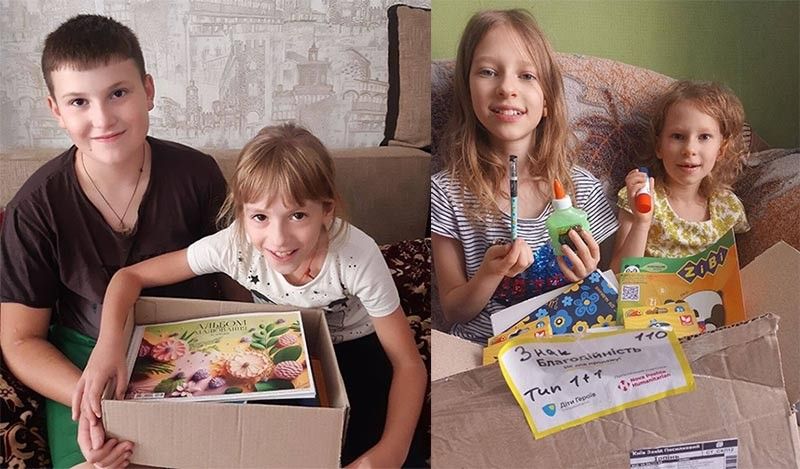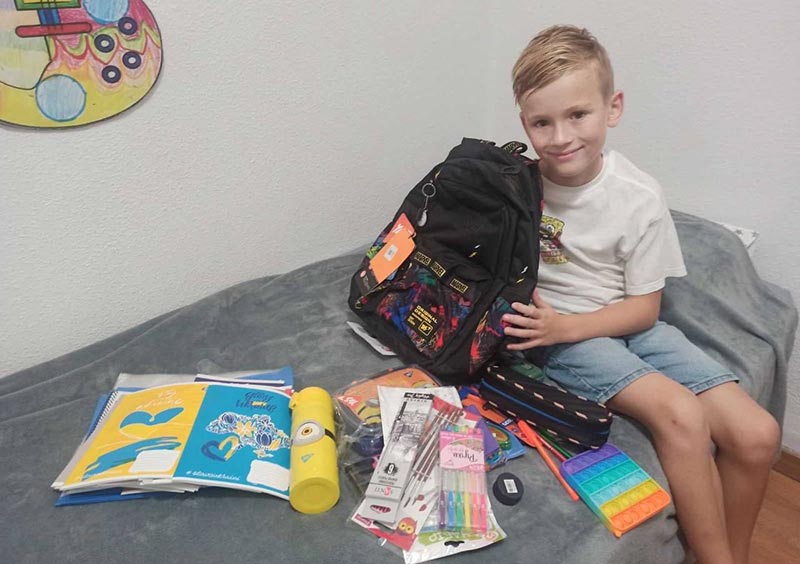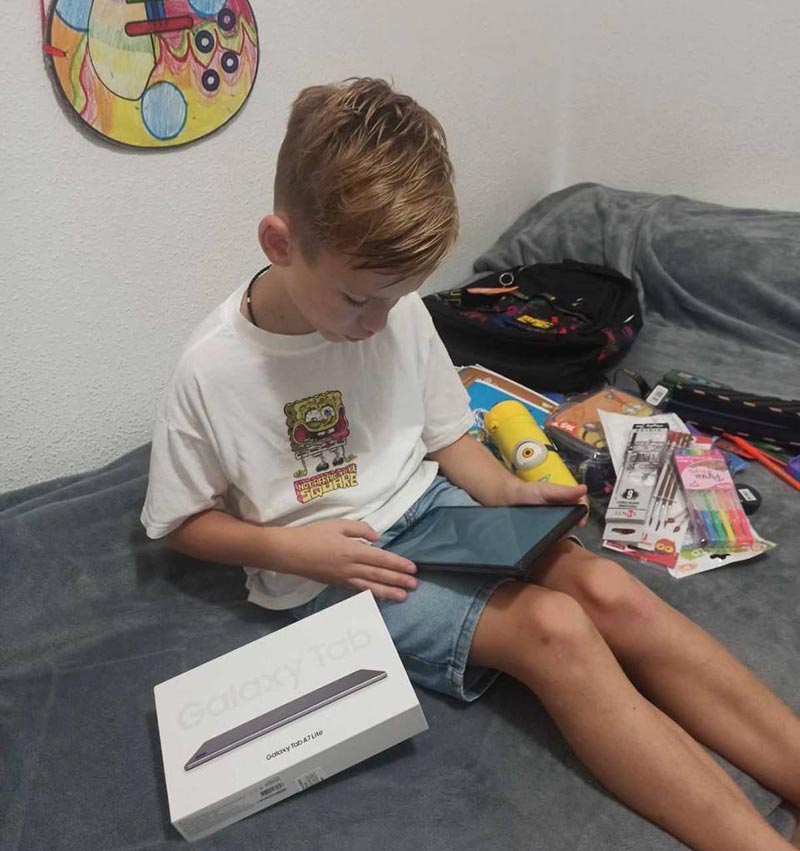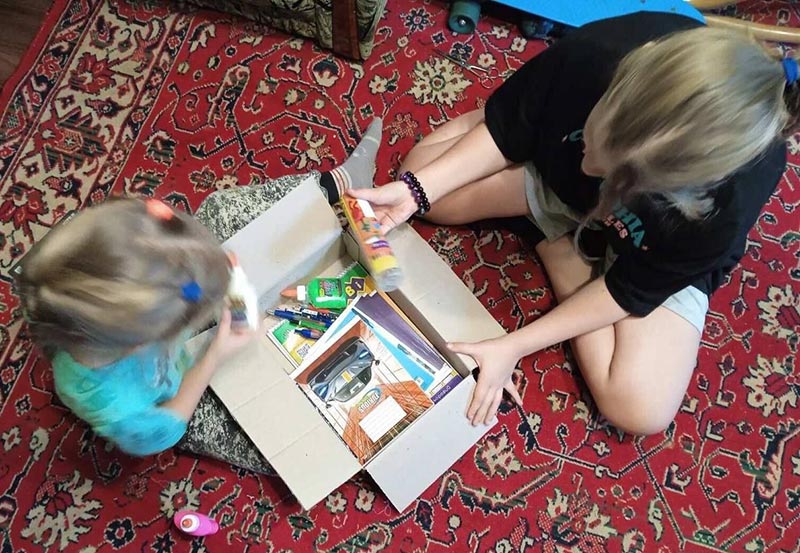Education in the line of fire: What Filipinos can do for Ukrainian children

MANILA, Philippines — Should children have to choose between safety and school?
In Ukraine, they do. As classes resume this September, lessons are held underground in bunkers. Subway stations transform into makeshift schools and children learn math and reading as airstrikes happen above them.
On top of books and pencils, school bags also carry blankets, medicines, respiratory masks and other essentials in case children need to retreat to a bomb shelter.
Because of Putin, Ukrainian children and their education are in the line of fire.
The full-scale Russian invasion of Ukraine has been ongoing for more than 570 days, causing a fourth year of disrupted learning for children. After the COVID-19 pandemic, students struggle to regain a sense of normalcy in their everyday lives.
According to enrollment data by the United Nations Children's Fund (UNICEF), a third of children of primary and secondary age enrolled in Ukrainian schools are attending physical classes. At least one-third of enrolled students are learning through a mixed approach of in-person and online, and one-third are fully remote.
This underscores the importance of providing electronic devices to students in order to continue their education—a lifeline that our team in Children of Heroes currently provides. This July, we distributed 1,000 educational devices to children to use for school.
Our mission to support Ukrainian children who have lost one or both parents to the war began in 2022. Since then, Children of Heroes has assisted over 6,000 children in need, as up to 50 children join our assistance programs every day. By the end of 2023, we anticipate that up to 10,000 children will be under our care.
Beyond material aid, these children require educational, psychological and developmental interventions to heal the scars of their traumatic experiences. Part of the Children of Heroes team are our Family Helpers: social workers who coordinate regularly with Ukrainian children under our care.
Through this team, we assess, deliver and monitor urgent and long-term needs to help remaining family members raise young individuals forced to live without their mothers, fathers, or both. While we cannot bring back their parents, we can empower children to overcome adversity, rebuild their lives and create a brighter future for themselves and Ukraine through education.


This ongoing war creates intergenerational trauma that will take decades to address. Education is a major part of healing from this trauma.
While the need to address the loss of learning, shelter and socialization for Ukrainian children is primarily on governments, this duty extends towards us civilians building a better, more sustainable, and peaceful world—for the benefit of our own—and future generations. This is possible as long as we maintain and build communities of care together.
Testament to this collaboration among countries, Children of Heroes has provided $4.8 million worth of support to Ukrainian children through partner organizations and individual donors all over the world, as of August this year.
We rely on both traditional and innovative ways to sustain our mission by collaborating with partners who utilize newer ways to help out, including platforms that allow donations through cryptocurrency.

As a Filipino advocate leading the Children of Heroes’ international team, I see this show of hands from supporters to sustain and enrich our assistance programs as a familiar driving force. This spirit of communal unity and cooperation is well-known to us Filipinos as the concept of bayanihan.
We hope to channel this energy into finding ways to support Ukraine concretely as a response to the challenges of our time: let us stay engaged in current events, leverage technology to amplify positive change, and join existing initiatives where available.
The war in Ukraine is not a distant conflict. Especially for us in Southeast Asia, we should recognize that any situation of peace is volatile. In order to safeguard our freedom and the safety of our children, we have to work together as a global community of active peacekeepers.
In this time of war, Ukrainian children do their best to stay in school and so must we, as advocates of peace, support them in learning and helping build a future of peace in Ukraine.
To learn more and donate towards Children of Heroes’ educational efforts, visit https://childrenheroes.org/en/projects/access-to-education. Follow them on Facebook and LinkedIn.
About the Author: Brice Espino is the Global CEO of Children of Heroes Charity Fund.
Editor’s Note: This press release is sponsored by Children of Heroes. It is published by the Advertising Content Team that is independent from our Editorial Newsroom.




















